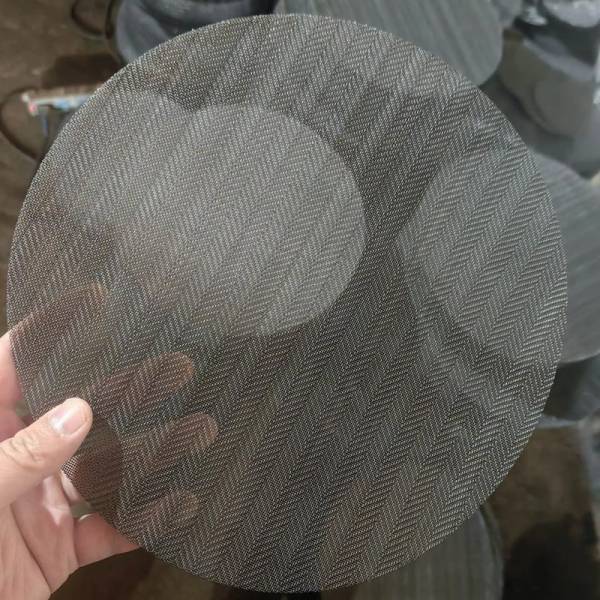
The selection of material for extruder screens is critical for performance, durability, and cost-effectiveness. The choice primarily depends on the polymer being processed and the required resistance to corrosion, pressure, and temperature.
Stainless Steel is the most widely used material. Type 304 stainless steel offers an excellent balance of strength, temperature resistance, and cost, making it suitable for most general-purpose applications with polymers like polyolefins. For processing more corrosive materials, such as PVC or certain engineering plastics, Type 316 stainless steel is preferred due to its superior resistance to chlorides and other corrosive elements, thereby extending screen life.
For the most demanding environments, particularly with highly aggressive polymers like fluoropolymers, nickel-based alloys are the best choice. These alloys provide exceptional resistance to both high temperatures and corrosion, though they come at a significantly higher cost.
Another option is plain carbon steel, which is a low-cost alternative. However, it lacks corrosion resistance and is prone to rust, making it unsuitable for many applications and generally not recommended for high-quality production.
In summary, for most extrusion tasks, stainless steel (304 or 316) represents the optimal combination of performance and value, ensuring consistent filtration without introducing contamination.
